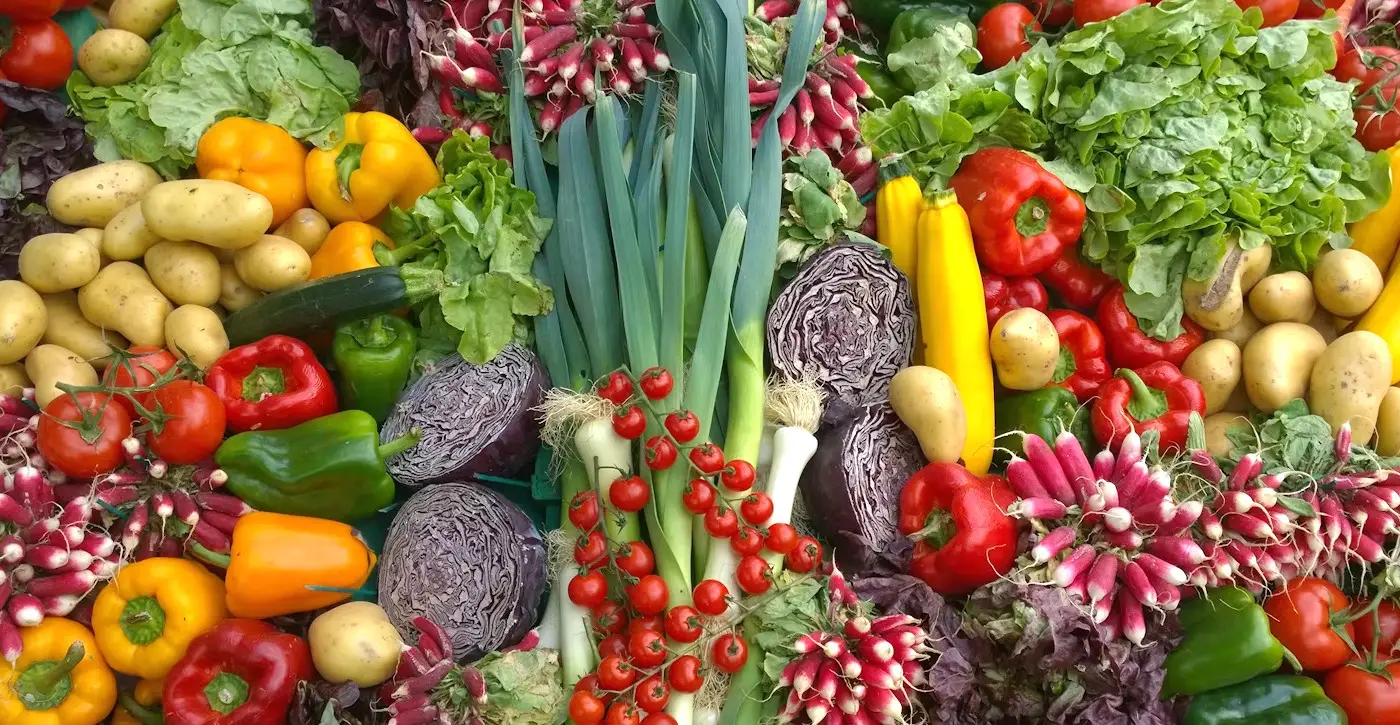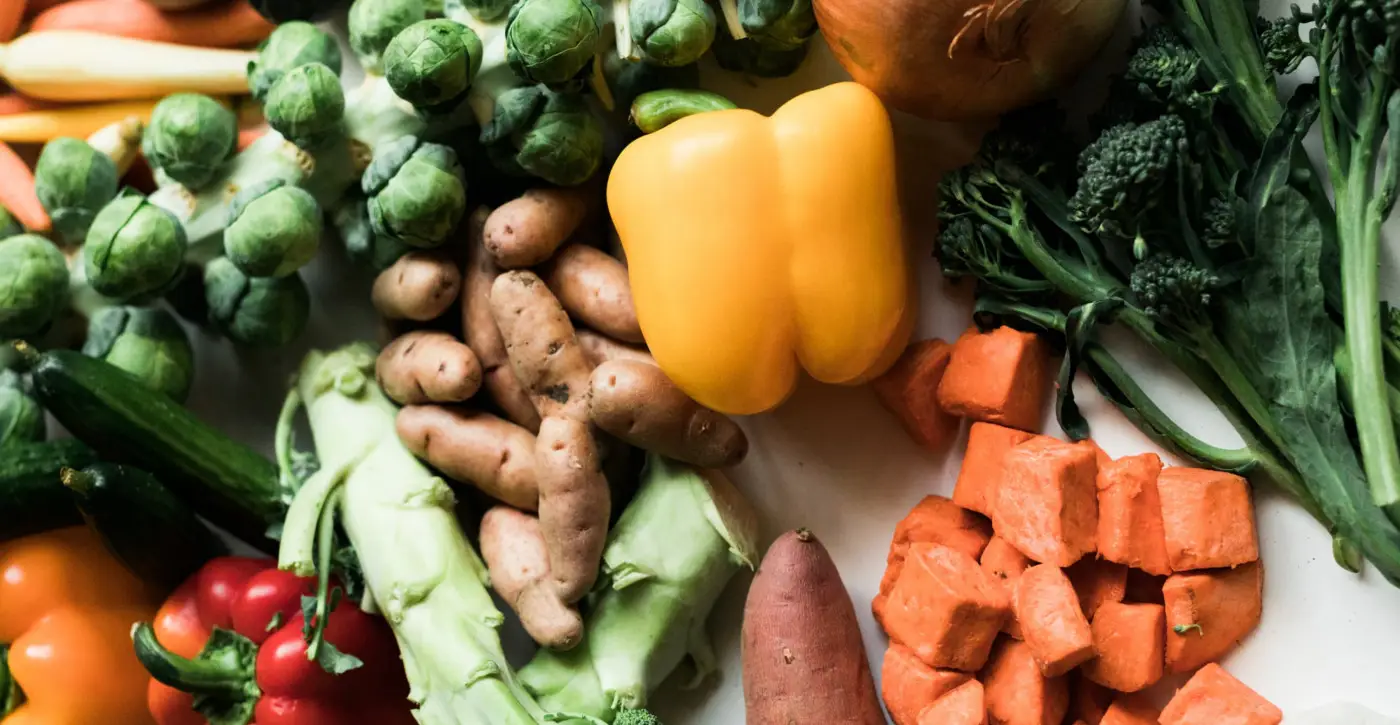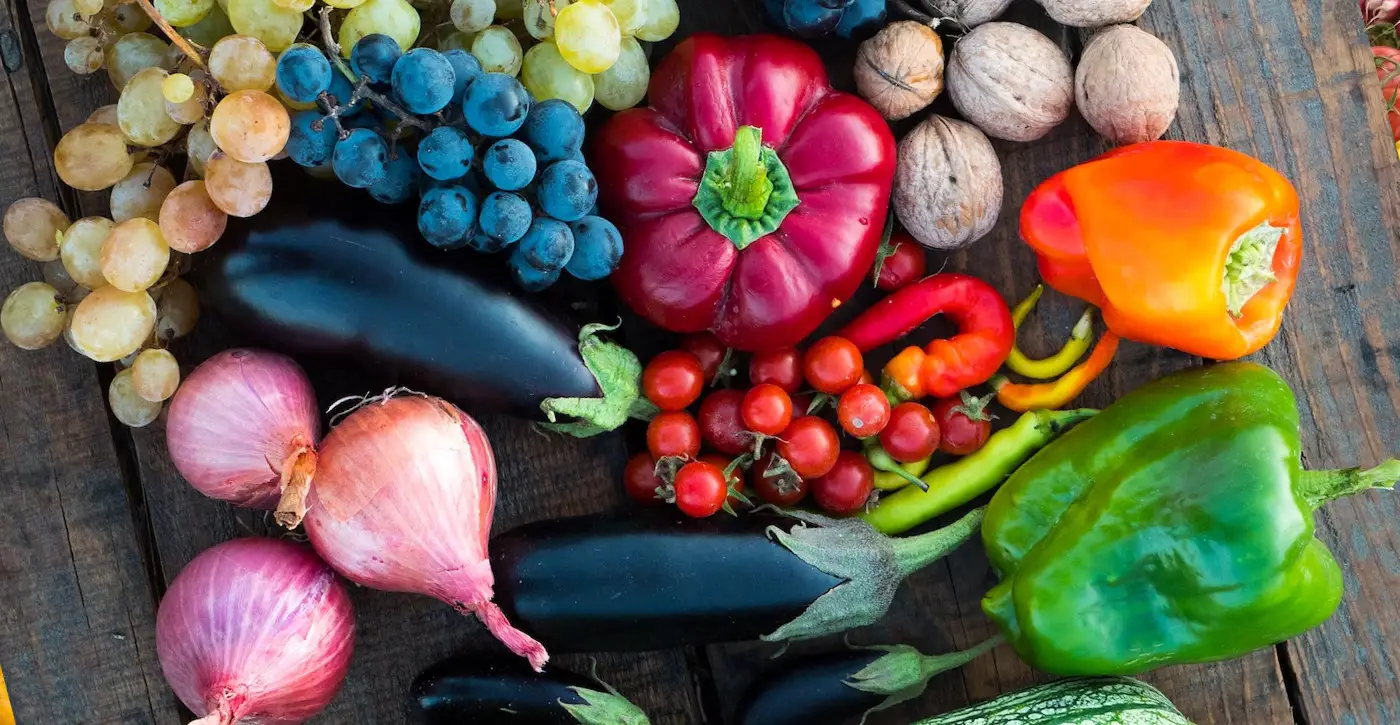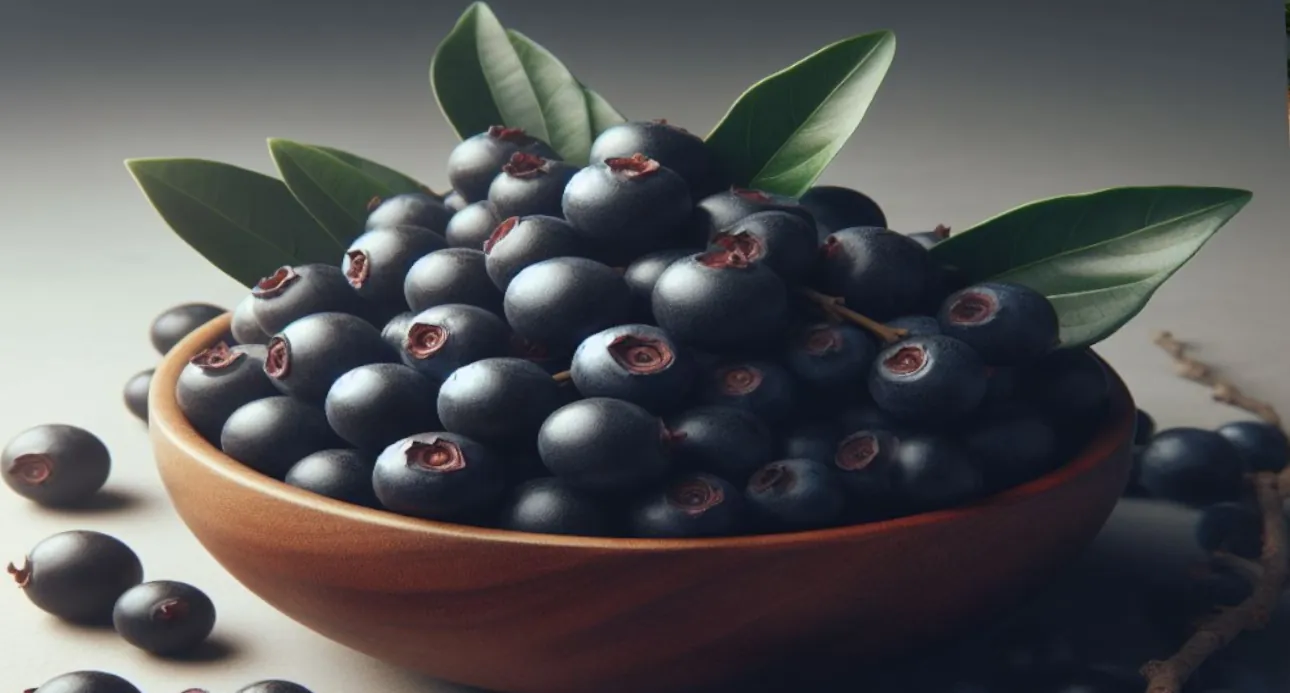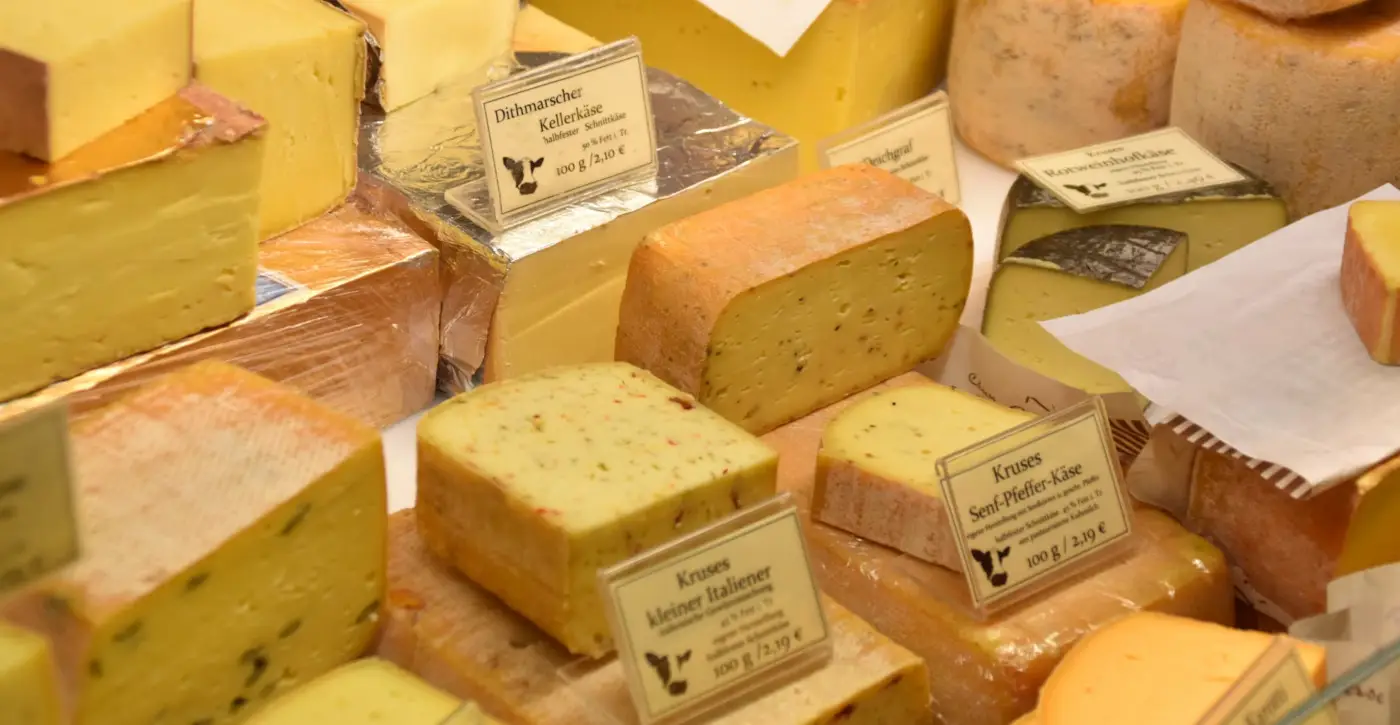Green Onions Lysine and Arginine Info Sheet
Overview
Green onions are a type of onion that have a mild flavor and long green stems.They are also known as scallions, spring onions, or salad onions.
They are often used as a garnish or in salads, soups, and stir-fries.
Green onions are low in calories and rich in vitamin C, vitamin K, and folate.
They also contain antioxidants that may protect against cancer and inflammation.
Green onions may help lower blood pressure and cholesterol levels, as well as improve digestion and immunity.
| Name | Lysine (mg/100g) | Arginine (mg/100g) | Ratio |
|---|---|---|---|
| Green Onions | 4mg | 6mg | 0.667 |
Green Onions contains 4mg of Lysine and 6mg of Arginine per 100g of product.
This means Green Onions has a low Lysine-Arginine ratio of 0.667.
Because Green Onions contains slightly more arginine than lysine, reducing its consumption may help people who suffer from herpes, as it may lower the viral activity.
Lysine Considerations
Green onions are not a good source of lysine, as they only provide 4 mg of lysine per 100 g of food.
Lysine is an essential amino acid that is important for protein synthesis, collagen formation, and calcium absorption.
Lysine deficiency may cause fatigue, anemia, hair loss, and impaired immunity.
Lysine has the potential to prevent or treat cold sores, which are blisters caused by the HSV-1 virus, also known as herpes.
Lysine operates by stunting the proliferation of HSV-1, which relies on another amino acid, arginine, to reproduce and infect cells.
Lysine can only be acquired through our diet, and is present in many high-protein foods such as eggs, milk, cheese and yogurt, fish, meat and poultry.
Arginine Considerations
Green onions are also not a good source of arginine, as they only provide 6 mg of arginine per 100 g of food.
Arginine is a semi-essential amino acid that is involved in nitric oxide production, wound healing, and immune function.
Arginine may help improve blood flow, lower blood pressure, and enhance exercise performance.
Arginine has multiple benefits for our overall health and performance, such as lowering blood pressure, enhancing wound healing, and increasing exercise endurance.
Arginine can also affect the herpes virus, which causes cold sores and genital herpes.
Studies suggest that arginine may help the virus grow and cause outbreaks, so people with herpes may want to avoid foods that are high in arginine or take lysine supplements to block its effects.
Lysine-Arginine Ratio
Green onions have a low lysine-arginine ratio of 0.667, which means that they have more arginine than lysine.
This may not be ideal for people who have herpes simplex virus (HSV) infections, as arginine may trigger or worsen outbreaks.
Lysine, on the other hand, may help prevent or reduce the severity of HSV infections.
Therefore, people with HSV may want to limit their intake of green onions and increase their intake of lysine-rich foods.
Lysine and arginine are both amino acids that are involved in protein synthesis and other metabolic processes.
That said, they have opposite effects on the herpes simplex virus, which causes cold sores and genital herpes.
Lysine can slow down the replication of the virus, while arginine can stimulate it.
Because of this, eating foods that have a high lysine-arginine ratio may help reduce the frequency and severity of herpes flare-ups.
Some examples of foods that have a high lysine-arginine ratio are milk and cheese, fish, poultry, fruits, and vegetables.
These foods can provide the body with enough lysine to block the absorption of arginine by the virus, and thus prevent its growth and spread.
Dietary Considerations
Most vegetables are poor in in calories and rich in in vitamins, minerals, and antioxidants.
Many vegetables have more lysine than arginine, such as beets, turnips, tomatoes, soybean sprouts, potatoes, celery, sweet potatoes, squash, and green beans.
These vegetables can help prevent or treat herpes outbreaks, as lysine can suppress the herpes virus.
Other vegetables have more arginine than lysine, such as peas, carrots, broccoli, cauliflower, and mushrooms.
These vegetables can still be consumed in moderation, as they have other health benefits.
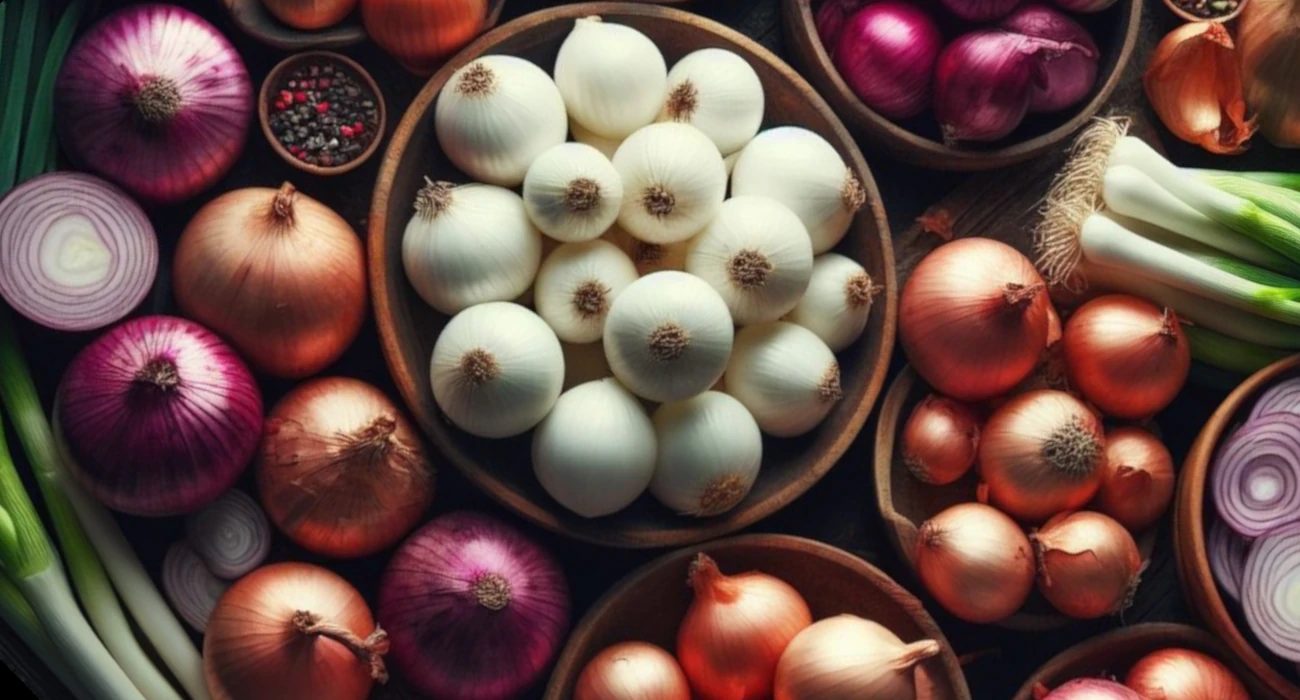
For example:
A well-balanced and healthy diet that strengthens your immune system and lowers inflammation is important.
This means you should eat a lot of fruits, vegetables, whole grains, lean protein, and good fats, and avoid processed foods, added sugars, alcohol, and caffeine.
Make sure to drink plenty of water to keep yourself hydrated and eliminate toxins from your body.
Water can also help you avoid dryness and irritation of the skin and mucous membranes, which can lead to outbreaks.
You may want to take l-lysine supplements.
L-lysine is known to prevent herpes outbreaks and it can help stop a cold sore in its initial stages by "starving" the virus of arginine before it has a chance to cause a cold sore.
Taking other food supplements that can improve your immunity and protect your cells from oxidative stress, such as vitamin C, zinc, selenium, and antioxidants.
Your immune system can be weakened and inflammation can be increased by foods that can cause allergic reactions or sensitivities, such as gluten, dairy, nuts, eggs, or shellfish. Avoid these foods to avoid outbreaks.
Check more food information
